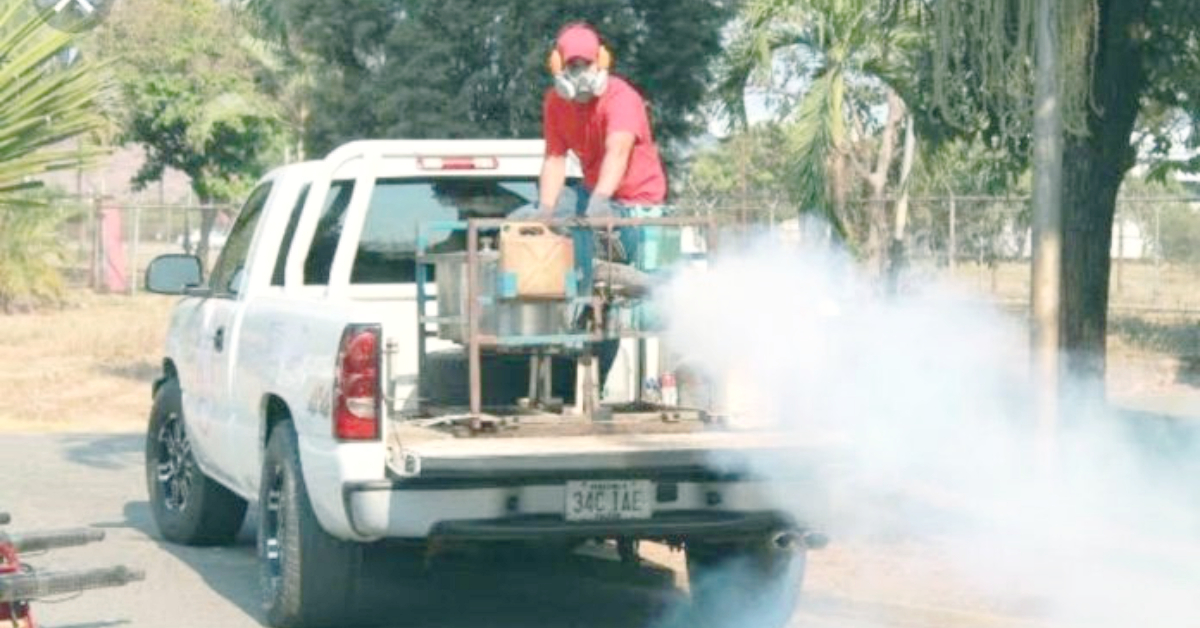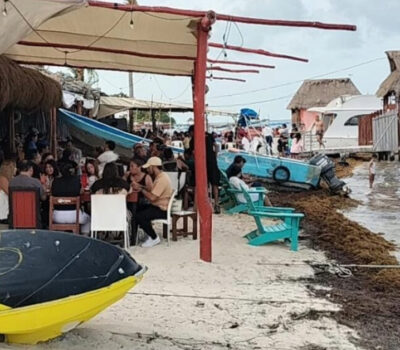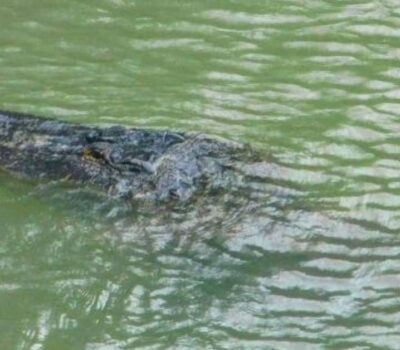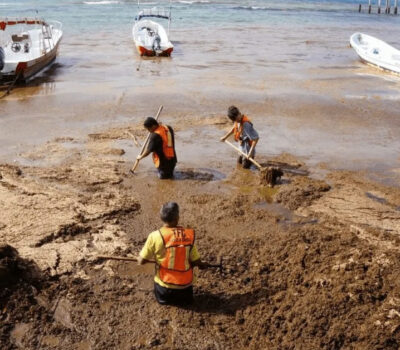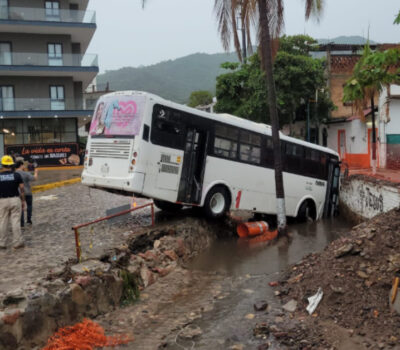The Jalisco Ministry of Health has fogged more than 9,000 city blocks in Puerto Vallarta to combat dengue, with operations continuing through July.
To curb the growing threat of dengue fever in Puerto Vallarta, the Jalisco Ministry of Health has sprayed insecticide in more than 9,000 blocks throughout the city’s urban neighborhoods. The large-scale effort began on June 9 and is being carried out in coordination with Mexico’s National Center for Disease Prevention and Control (Cenaprese), a branch of the Federal Ministry of Health.
The mosquito control campaign is being led by the Eighth Health Region, headquartered in Puerto Vallarta. According to regional director Jaime Álvarez Zayas, the first two weeks of fogging operations have seen both vehicle-mounted and on-foot insecticide deployment across the city.
In the first week, 5,776 blocks were treated using trucks outfitted with fogging equipment. Despite a slowdown in the second week—largely due to increased rainfall—an additional 3,459 blocks were sprayed, bringing the total so far to 9,235 urban blocks. The rain, Álvarez Zayas explained, can interfere with fogging schedules, as it reduces the effectiveness of the insecticide and often makes it difficult for trucks to operate in some areas.
In addition to truck-based spraying, the ministry has also carried out thermal fogging—fogging performed on foot. This method is used to target hard-to-reach areas and smaller residential zones. In week one, thermal fogging teams covered 654 blocks, and in week two, 687 blocks were added, showing a slight increase in manual mosquito control efforts.
Another key part of the campaign is tree control—an operation focused on house-by-house inspections to locate and treat standing water sources, where mosquito larvae are likely to thrive. These inspections aim to prevent mosquito breeding before it begins. So far, 3,655 homes have been treated under this program.
“The work continues,” said Álvarez Zayas. “This type of sweep is planned to be carried out throughout the city over the course of four weeks.”
Puerto Vallarta and other regions of Jalisco have seen rising concern over dengue outbreaks, particularly during the rainy season when mosquito populations can surge rapidly. Standing water from rain—found in pots, tires, buckets, and puddles—provides the perfect breeding grounds for the Aedes aegypti mosquito, which transmits dengue.
Local officials are urging residents to support the campaign by eliminating stagnant water around their homes, allowing access to health workers, and avoiding exposure to fogging chemicals while trucks or manual fogging teams are in operation.
Dengue fever remains one of the most persistent public health concerns in tropical and subtropical parts of Mexico. Symptoms range from fever, rash, and muscle pain to more severe complications in some cases. Public health campaigns like this one aim to reduce mosquito populations before outbreaks can take hold.
The fogging and home inspection campaign will continue through the first week of July, with health workers rotating through Puerto Vallarta’s neighborhoods block by block.
Residents seeking more information or wishing to report mosquito breeding sites can contact the Eighth Health Region office directly or follow updates from the Jalisco Ministry of Health’s official channels.
The Jalisco Ministry of Health has fogged more than 9,000 city blocks in Puerto Vallarta to combat dengue, with operations continuing . . .

